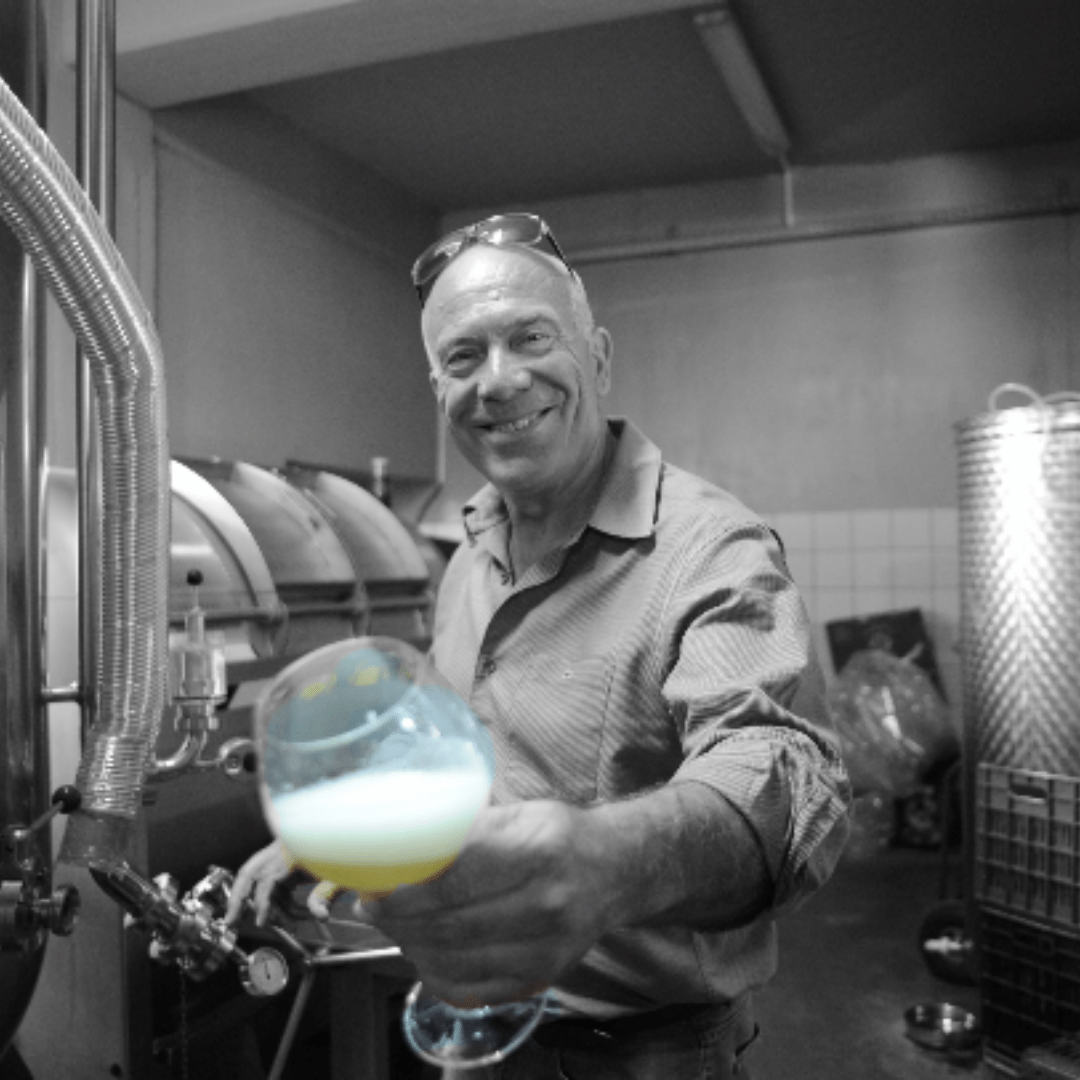Domaine Skouras
| George Skouras was born in Argos, one of the oldest towns of Europe with a 3,000 years long tradition of wine and culture. In 1980, George went to study Agriculture at the University of Dijon, in Burgundy, France. On graduating from Dijon with a degree in oenology, George started gathering experience in many classic wine-producing regions of France, Italy and Greece. A long-held vision, the creation of Domaine Skouras materialized in 1986. Initially, the small wine-making facility was in Pyrgela, a small village on the outskirts of Argos. The next logical step was the creation of a boutique winery in the Nemea Appellation area, in the village of Gimno. There, the countless hours of manual work on an extremely small scale became an invaluable study on the Agiorgitiko variety and the Nemea denomination. - Domaine Skouras |























